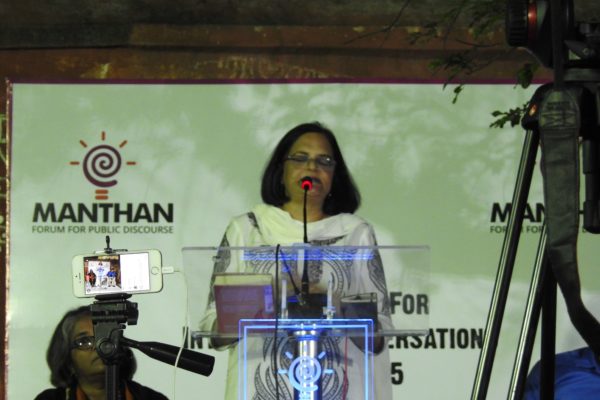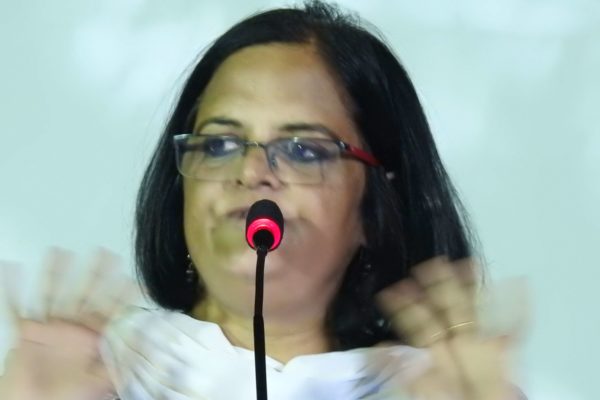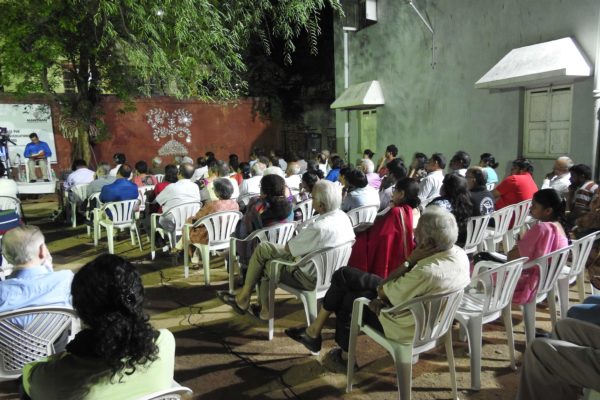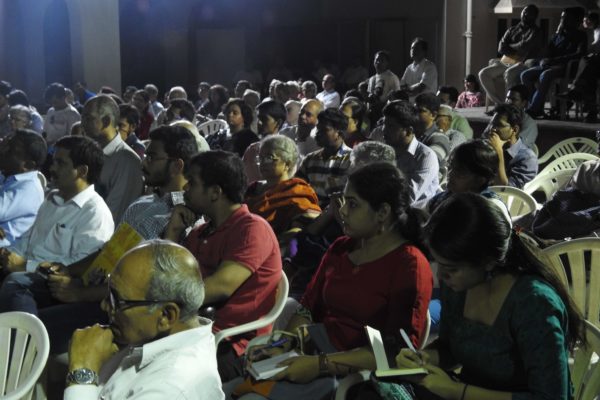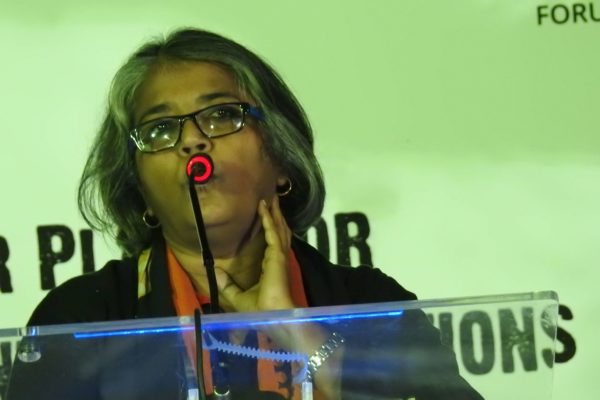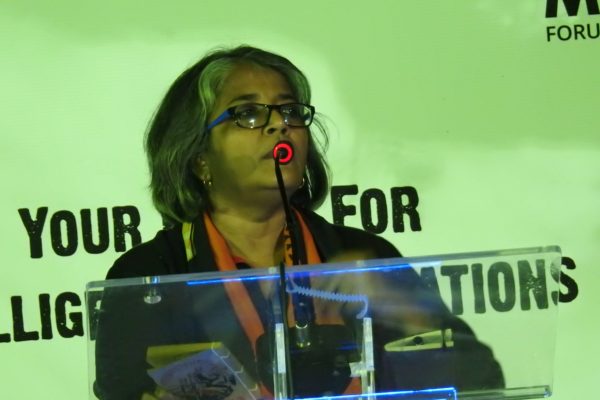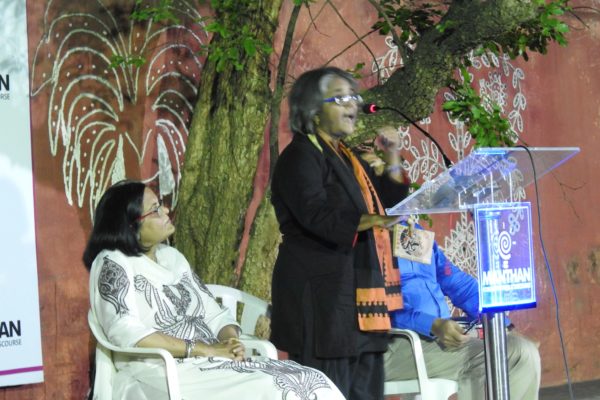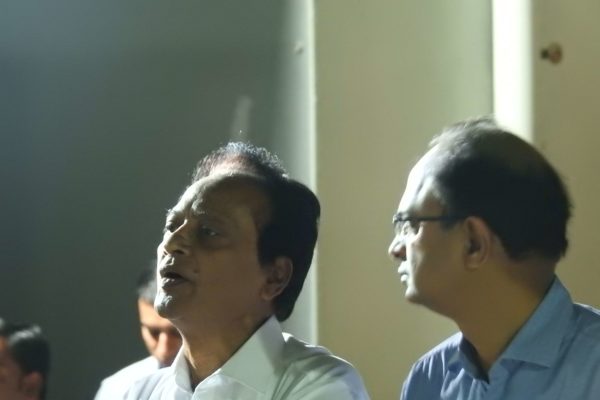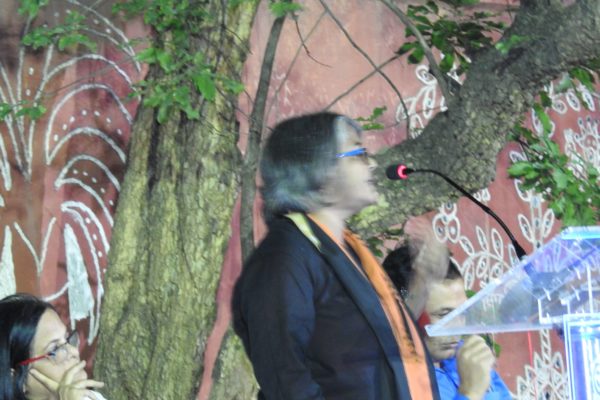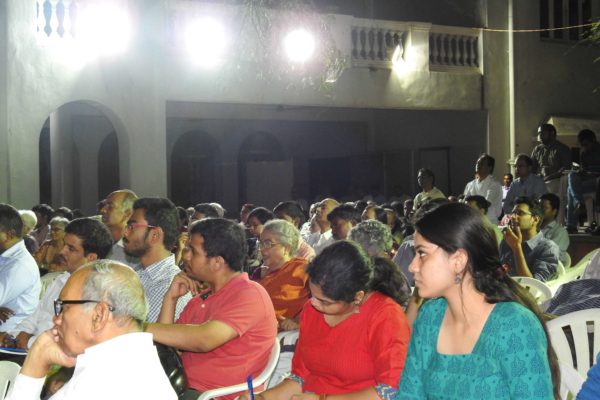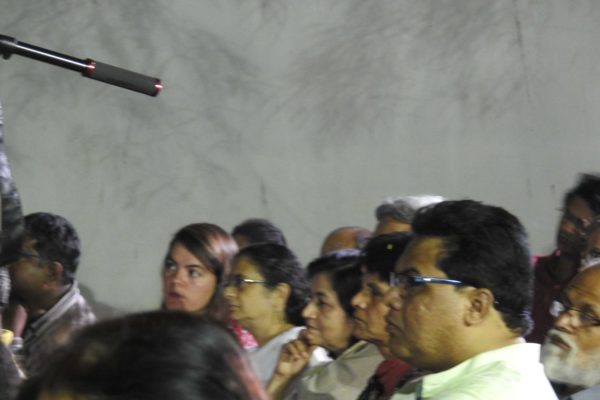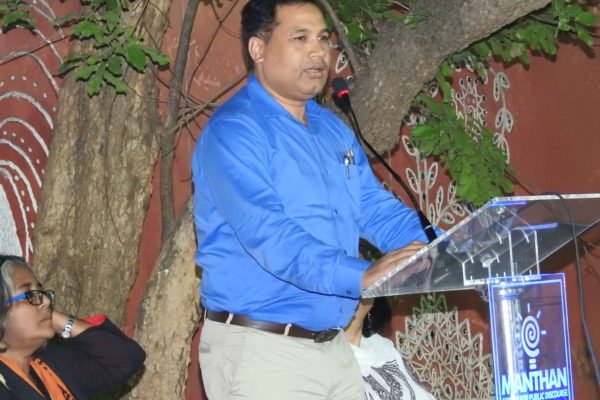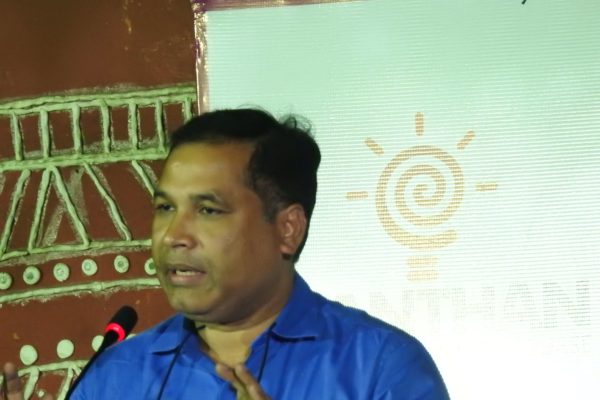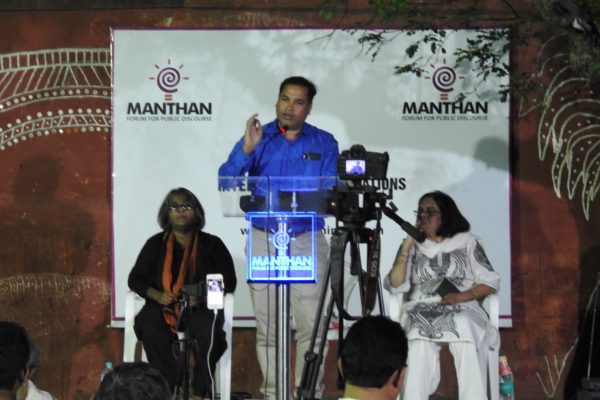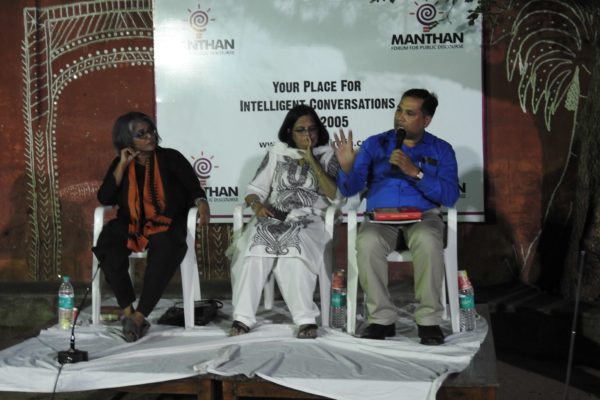The Talk
Violence is embedded in our everyday. We encounter not only its overt, raw, and brutal nature but also the deeply buried invisible and insidious forms that normalize violence in the collective conscience, making it less noticeable and more tolerable.
This volume opens out the field of violence studies with a focus on its myriad habitations and experiences in India. It interrogates the numerous ways in which omnipresent violence is interpreted and represented, and delves into the interconnections between the identifiable normative axes of power and the engendering of violence. Bringing together fresh methodological and conceptual perspectives on the way violence is understood and analysed, the contributors to this volume investigate its occurrence across sites—law, family, state, gender, labour, caste, sexuality, communalism, and so on—to explore the normal as well as the exceptional.
The case studies in this book are all drawn from the Indian experience. This volume aims towards a coherent and more nuanced understanding of violence that moves beyond the episodic to the systemic, structural levels of society and consciousness.
Kalpana Kannabiran, Professor & Activist, V Geetha, Writer & Feminist and Abdul Shaban, Professor
Kalpana Kannabiran is Professor and Director, Council for Social Development, Hyderabad. Among her recent publications is the book Tools of Justice: Non-Discrimination and the Indian Constitution (2012). She has edited The Violence of Normal Times: Essays on Women’s Lived Realities (2005) and Women and Law: Critical Feminist Perspectives (2014); and co-edited Challenging the Rule(s) of Law: Colonialism, Criminology and Human Rights in India (2008). Her writing has focussed on questions of gender, caste, tribe, violence, disability, law, and free speech. Kalpana Kannabiran is recipient of the VKRV Rao Prize for Social Science Research (2003) and the Amartya Sen Award for Distinguished Social Scientists (2012), both for her work in the field of law.
V. Geetha is a writer, translator, social historian, and feminist from Tamil Nadu. Currently, she is editorial director, Tara Books. Geetha has written widely, both in Tamil and English, on gender, popular culture, education, caste, and modern Tamil history. Among the books she has authored are An Ideal Boy (with Gita Wolf and Sirish Rao), Gender, Patriarchy and Towards a Non-Brahmin Millennium: from Iyothee Thass to Periyar [with SV Rajadurai] (1998). She has published an annotated selection of Gandhi’s writings, Soul Force: Gandhi’s Writings on Peace (2004).
Abdul Shaban is Professor at the School of Development Studies, Tata Institute of Social Sciences (TISS), Mumbai and is currently Deputy Director of the Tuljapur Campus of TISS. He is author of Mumbai: Political Economy of Crime and Space (2010); and editor of Lives of Muslims in India: Politics, Exclusion and Violence (2012) and Muslims in Urban India: Development and Exclusion (2013). He was member of the Study Group appointed by Government of Maharashtra to assess the ‘Social, Economic and Educational Status of Muslims in Maharashtra’ (2012-13), and member of the ‘Post-Sachar Evaluation Committee’ appointed by Government of India, to assess the implementation of programmes for development of Muslims and other religious minorities.

